research
September 2, 2019
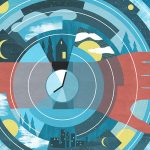
Saving time
Benefits to daylight saving time? Let me shine some light on the ways it makes life better.
June 3, 2019
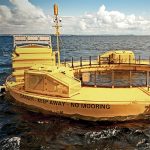
Energy’s new wave
Converting ocean waves into electricity poses challenges—and promise.
June 2, 2019
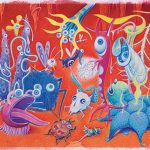
World of worry
A new book by UW faculty explores anxiety-provoking topics ranging from food safety to mobile phones and bedbugs.
March 1, 2019
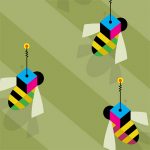
Busier bees
Using teeny, tiny batteries and sensors, insects provide a valuable eye in the sky for agriculture.
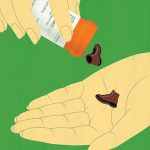
Natural elixir
Spending time outside is a sure-fire way to feel better. But researchers still don't know why that is.
November 30, 2018

Tech for mental health
UW Medicine researchers are exploring how a smartphone might help someone manage a severe mental illness such as schizophrenia or bipolar disorder.
August 26, 2018
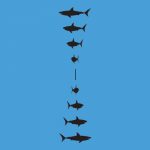
Sharks spin a tale
Great white sharks dive deep into the Atlantic’s clockwise-spinning warm-water whirlpools.
June 4, 2018
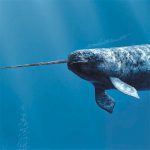
No easy tusk
Marine biologist Kristin Laidre is living her dream of studying narwhals, the mysterious 2,000-pound mammals that are notoriously tricky to find.
December 1, 2015
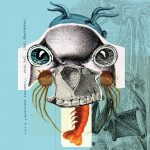
'Scarface' found
A team of scientists has identified a new species of “pre-mammal” based on fossils unearthed in Zambia’s Luangwa Basin in 2009. Its discoverers include Christian Sidor, UW professor of biology and curator of vertebrate paleontology at the Burke Museum.

Sweet gratitude
Gratitude is universally considered a social good—the warm feeling that results from a kindness received. But it can have a dark side: It can impel us to eat more sweets, according to new research by Ann Schlosser, professor of marketing at the Foster School of Business.

The silent stroke
If a stroke should occur, the unparalleled care at UW Medicine's Harborview Medical Center will give you your best shot.
September 1, 2015

High volume
Recordings by current and former UW researchers in fjords show that melting at glacier edges in the narrow rock-edged canyons are some of the noisiest places in the sea.
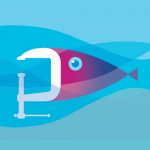
Cling like a fish
Scooting around in the shallow, coastal waters of Puget Sound is one of the world’s best suction cups. It’s called the Northern clingfish, and its small, finger-sized body uses suction forces to hold up to 150 times its own body weight.
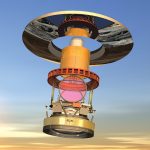
Space explorers
Fifty years is no time at all for a universe that dates back 13.8 billion. But for those who study the sky, the past five decades have changed everything.
December 1, 2014

Can't weight
Obesity-associated insulin resistance is a major risk factor for Type 2 diabetes. UW researchers are now looking at obesity and its interdependent relationship to the disease.

Phone training
Mobile phones have become second-nature for most people. What’s coming next, say UW researchers, is the ability to interact with our devices not just with touchscreens, but through gestures in the space around the phone.

Toddler logic
Researchers have found that children as young as 2 intuitively use mathematical concepts such as probability to help make sense of the world.
September 1, 2014
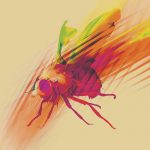
Fighter flies
University of Washington researchers used an array of high-speed video cameras operating at 7,500 frames a second to capture the wing and body motion of flies after they encountered a looming image of an approaching predator.
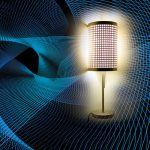
Tide turner
Tidal power holds tremendous potential, especially here in the Evergreen State, because of the sheer volume of water moving in and out of Puget Sound each day.
